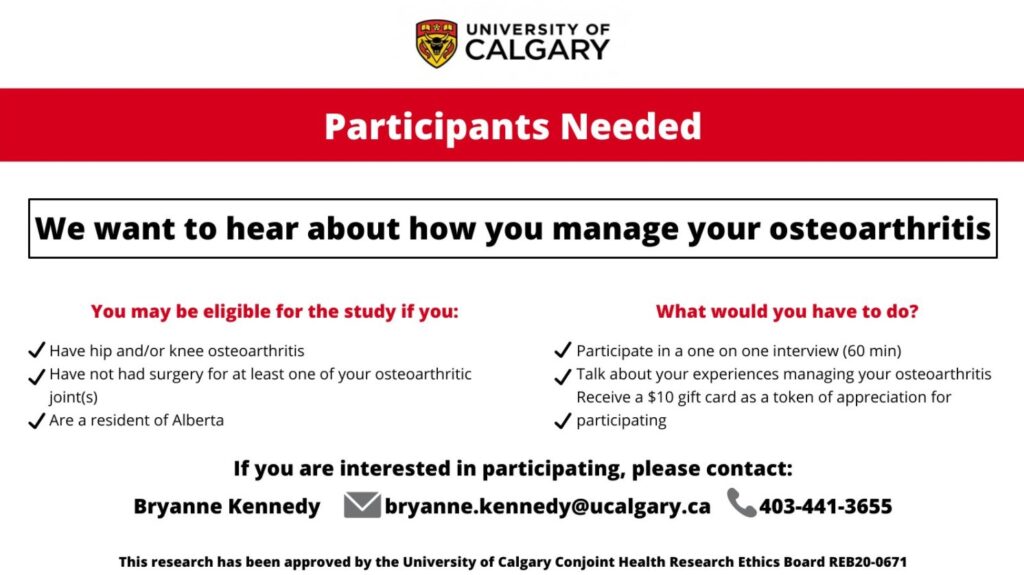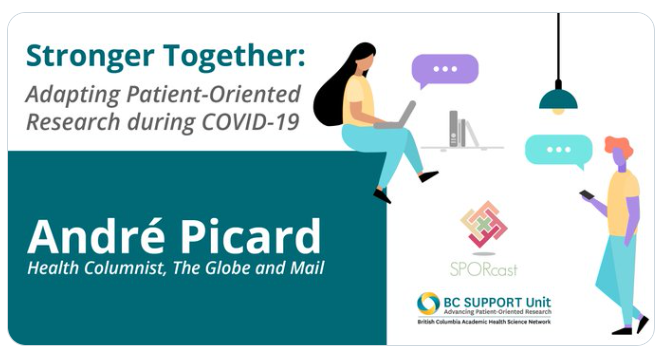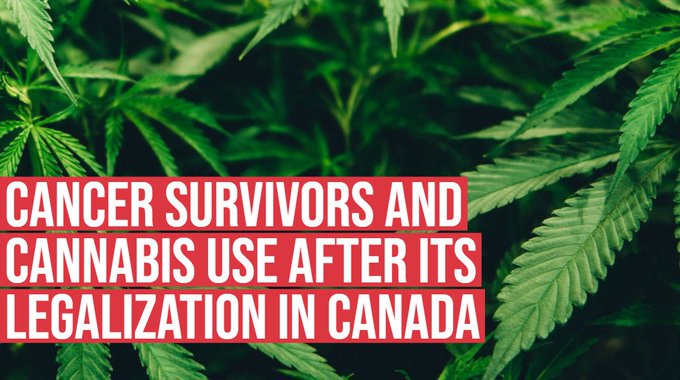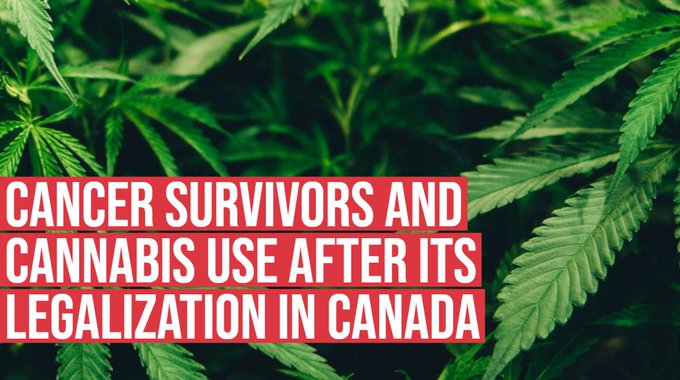Over the past two years, what lessons have we learned from and about COVID?
Tomorrow: Wednesday, Feb 2nd @ 4pm MST – Lessons from SARS COV1 with guests
— Protect Our Province Alberta (@PopAlberta) February 1, 2022
-Mario Possamai, Senior Adviser to Mr. Justice Archie Campbell on 2003 SARS Commission
–@sameo416, aerospace/electrical engineer
–@DrFiliatrault a retired ER doc and a member of @Protect_BC pic.twitter.com/lEn2qqeCpW






